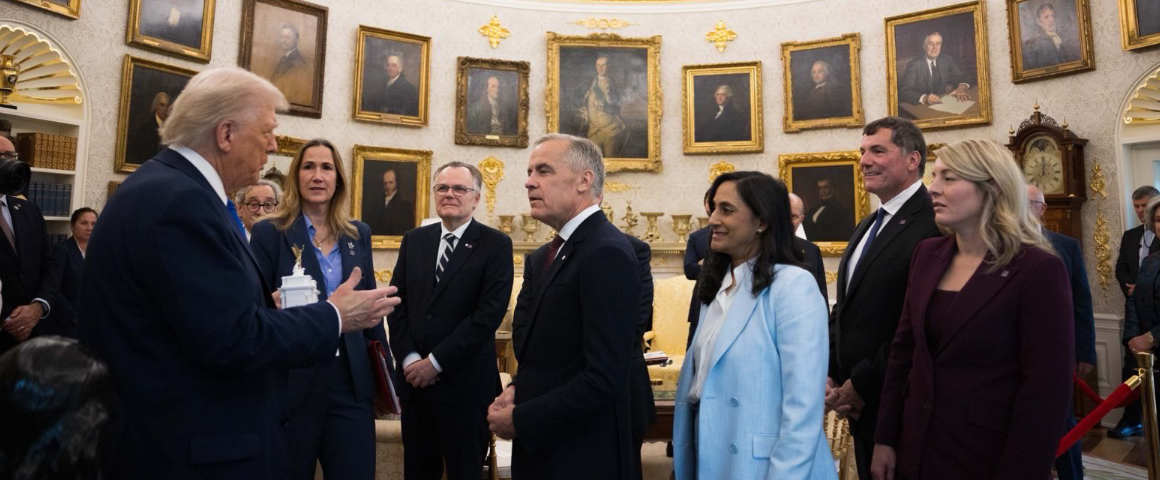Communist senator insists that winning gains from government needs “organized citizenship”
Following the victory of Gabriel Boric in Chile’s presidential election, El Siglo journalist Hugo Guzman spoke with newly elected senator and current Member of the Chamber of Deputies Daniel Núñez of the Communist Party of Chile (PCCh). Núñez discusses the critical role of the extra-parliamentary struggle (“organized citizenship”), the position of the PCCh in the new government and the importance of the upcoming Party Congress in developing the struggle for socialism.
Hugo Guzman: Beyond names for ministries and other announcements, what role should the Communist Party play in the cabinet and the administration of Gabriel Boric?
Daniel Nüñez: To be a building force for the transformative project that citizens supported in the election. And this transformative project is built through institutional spaces, the government and in Parliament, but also through the citizens, social movements and in the streets.
So, we cannot limit a project of transformation only to participation in the cabinet or institutional spaces such as municipalities, regional councils or Parliament. Here, what must be understood is that we must generate a citizen and social force that defends the government and supports the transformations. This is something which we lacked – this is a self-critical reflection – in the second government of Michelle Bachelet. Therefore, the work of the PCCh is much more comprehensive than discussing how many ministers or how many seats here or there.
Along those lines, would the Communist Party be more comfortable with one or two ministries in the social area?
The best role for the PCCh is one that is key to promoting transformation. And I am not going to guide Gabriel Boric by indicating a place – a, b or z – that does not correspond to that.
How do you situate the role of the social movements during the Boric government – as protagonists, or withdrawn as happened in the first governments of the former [centre-left] Concertación?
We absolutely have to banish – from the political options and from the discourse of a government of transformations – what was meant by the policy of consensus which was imposed at the beginning of the nineties, and which lasted a long time in Chile. That was the pact with the powers that be, which largely postponed the Concertación’s initial program. Now, we have here a government which, to consolidate and advance and fulfill its program, will require social and citizen strength.
The way in which that social and civic force is embodied and the characteristics it has is something that will be seen, that will develop creatively and that will depend on the movements – I do not think there is a recipe, nor a manual outline. For the current project, the political force of parliamentary majorities is not enough – there must be organized citizenship. This was demonstrated by the victory of Apruebo [“Approval” – referring to the 2020 plebiscite which approved the process for a new Chilean constitution] and by this second [presidential election] round with enormous mobilization of the people, in which the strength of Boric and the campaign went far beyond a sum of parties. We must be careful to not limit everything to the political world, because that can leave us isolated from society. This is a society that still looks at politics with great mistrust, as a specialized niche which needs to be brought closer, as was demonstrated in this second round and other events over the last two years.
The balance of forces in Parliament will be tight, between the transformative and conservative elements. What will be required to advance the new government’s proposals in legislative initiatives?
What must be done, in the first place, is to ensure that all the legislation – substantial reforms, profound changes and transformations – is discussed, worked on and generated in conjunction with the social movement and citizenship. That is the first thing. No bills drawn up by experts behind closed doors. It will be essential that legislation have social legitimacy – something which we lacked in the government of Michelle Bachelet. Obviously, in Parliament it will be necessary to use debate, discussion, explanation and even pressure when the right-wing wants to block flagship projects, especially in the Senate.
I am not ruling out that within the framework of the new Constitution – which I think is the Boric government’s first major reform, to be resolved by the end of 2022 – during 2023 and in the face of a right-wing boycott, we have resources such as the citizen plebiscite that allow us to unblock situations. The new Constitution will open a range of spaces and possibilities. This is why I believe that Boric’s first major endeavour is to ensure that Chile has the new Constitution, although this does not depend solely on the government, and we see that the Constitutional Convention [the body elected in May 2021 to draft a new Constitution] is determined to move forward on this.
And the new Constitution could modify Parliament’s current quorum rules, which are an immense barrier to advancing laws.
Of course, this could be in the constitutional text or there could be a specific law.
The scenario of almost equal forces in Parliament is noteworthy, specifically with respect to the Senate where Apruebo Dignidad legislators do not have a majority. What will they need to do, to secure support for their initiatives?
In the Senate right now, whether we like it or not, it is essential that we act together as a ruling coalition. It’s possible to add the support of Senators Fabiola Campillai and Karim Bianchi, who are independents. That give us just 25 votes [out of 50 senators] so we will have to be able to dialogue with the right wing, especially with those who realize that José Antonio Kast’s extremist views forever condemn them to be a minority. We will have to see if the liberal or “social” right wing is revived, and if there will be a right wing which climbs out of the ditch and can speak to Chilean society and the center-left forces. I do not know if it will happen or not, but I see a great void on the right and there are situations like Evópoli [centre-right party Evolucíon Política], which claimed it was liberal right-wing but received a blow due to its unconditional support for Kast in the presidential election, at a time when the “Pinochetista” right is condemned to minority status in Chile.
In your personal opinion, is it necessary to integrate other parties into the Apruebo Dignidad coalition?
It is a debate that the President-elect recently raised with the parties in Apruebo Dignidad. It won’t be resolved in a matter of 24 or 48 hours, as we must wait for the parties to discuss and analyze it. And of course, it is a debate that we need to have in the Communist Party before giving a public opinion.
It’s been said, although unofficially, that the Communist Party might hold its Congress in April 2022. As always, the media is focused on possible changes in policy or leadership, and different names are tossed around. But more substantially, is it not expected that this Congress will be focused on programmatic and political questions relating to the next four years of the Apruebo Dignidad government and, beyond that, for the next decade?
With the results obtained by the Communist Party in the parliamentary, municipal and presidential elections, I believe that we have positive political conditions in which to debate the challenges we have. Being in government is a distinct challenge but we have the recent experience of being part of the Nueva Mayoría government [the centre-left coalition led by Michelle Bachelet], which provides many ideas and proposals for our analysis.
But I also believe that the results we have obtained – including the highest responsibilities such as being in government as well as in other spaces such as Parliament and local governments – allow us to consider the broader horizons for debate. For example, Chilean society is waiting for our indication of what it means to be a communist in the 21st century, which is undoubtedly a different challenge than in other historical periods. That has to include our orientation towards the feminist movement and its demands, the significance that we place on environmental issues and the related threat to human civilization, attention to the diversity of sexuality and gender identity, and many other issues that are important to discuss today.
We also need to look programmatically at how we understand socialism and its relationship with democracy, a vision of its construction. We value in the 21st century the enormous struggles and contributions that the left and the Communist Parties have made in the world since the 20th century, while at the same time recognizing the mistakes that were made including in the construction of socialism.
The Congress of the Communist Party can be a great opportunity for providing content and meaning to being a communist in the 21st century, to the issues and challenges now and in the future, filled with the optimism that has generated a wave against the neoliberal politics that have done so much damage to Latin America, the world and Chile.
Years ago, the death of Communist Parties was decreed. In the case of Chile, the Party has had a presence in two governments, increased its electoral vote, provides new leadership and has a say in contemporary issues. It seems exceptional.
This is tremendously important, especially when 20 or 30 years ago it was said that the Communist Parties were condemned to disappear and that they were dinosaurs who were incapable of understanding contemporary dynamics and current society. It’s a great credit to all the militants and to those in the leadership, particularly the current president Guillermo Teillier, that the Party was able to build upon the path left by Gladys Marín [PCCh leader from 1994-2002], including survival of the Party.
Given the current situation, we are in excellent condition but with significant new challenges, with a Party that is growing and that has to be strengthened. The worst thing would be to rest on our laurels and think that everything is fine now, without considering the resistance that will be awakened by a project of the magnitude of the Boric government. The advances made by the fascistic right, the extreme right, is a warning that the most reactionary methods can be used to resist transformation and prevent change. We have to prepare ourselves for difficult moments – we must rise to the occasion and strengthen ourselves, be self-critical, and consider 21st century phenomena and experiences such as the global position achieved by China and the relationship developed in that country between the state and the market.
[Republished from El Siglo. Translated from Spanish by PV staff.]
[hr gap=”10″]
Get People’s Voice delivered to your door or inbox!
If you found this article useful, please consider subscribing to People’s Voice.
We are 100% reader-supported, with no corporate or government funding.




